 Remember Finding Nemo? If my website hadn’t died while I was getting ready to start this review a couple of hours ago[1], I might have more to say about whether I remember it, but apparently that will not happen anytime soon[6]. But here’s what I remember of relevance: when that one fish whose name I had forgotten lost his kid Nemo, he found another fish whose name I had forgotten to help him out. Later, a sequel!
Remember Finding Nemo? If my website hadn’t died while I was getting ready to start this review a couple of hours ago[1], I might have more to say about whether I remember it, but apparently that will not happen anytime soon[6]. But here’s what I remember of relevance: when that one fish whose name I had forgotten lost his kid Nemo, he found another fish whose name I had forgotten to help him out. Later, a sequel!
Thanks to the power of advertising, I now know that the second nameless fish is named Dory, and of course if there was going to be a sequel, they’d keep the name scheme intact, which also necessarily informs the plot. See, Dory, as you may or may not remember from the original[2], suffers from short term memory loss. Which means that once upon a time, she got lost, and she’s been lost ever since, even though she made new friends eventually like Nemo and what’s-his-name. I mean, it doesn’t mean that, but you can intuit it from her previous state of being completely alone in the ocean.
And then she figured out she got lost, and decided she wanted to get found, and there you have it: Finding Dory. That said, it’s a Pixar film, and therefore a kid movie[4]. That said, I actually felt like it was backward from the usual kid movie formula, in a way that maybe Pixar has always tried to achieve but with varying degrees of success. Because, this felt to me like a regular movie that has some jokes and gags thrown in to appease the kids in the audience, but mostly the eyerolling can be kept to a minimum.
I’m not sure this is even a justifiable take, but my reasoning is because of how delicately the concept of a mental disability was handled. On the one hand, yes, Dory causes a lot of her own problems, and it’s clear from both movies that when she’s on her own, she’s in a lot of trouble. She relies on the kindness of others to function in the world. But that doesn’t mean she doesn’t improve the lives of those others in countless ways, and the film is careful to stay aware of both sides of Dory’s coin. There’s nothing especially trite here, nor anything especially dismissive.
….okay, both parts of that last sentence are untrue, because it is, after all, a kid movie. But the things that were trite were the inevitable result of a necessary happy ending[5], and the things that were dismissive were in service of the theme. You have to hold up the ugly mirror to see past it, to coin an implausible metaphor.
Anyway, it was pretty dang good. Also, the 5 minute short film with the sandpipers (a type of ocean bird that lives in tidal regions) was freaking revelatory. Not worth the price of admission, probably, but maybe you can find it somewhere on the internets or in the future even if the main event is not your cup of tea.
[1] Not unlike my Pixel C died randomly yesterday; lesson: I should stop touching technology apparently.
[2] I did not[3]; I only remembered that her personality was quirky in some way.
[3] Perhaps ironically? Probably not though.
[4] If you don’t believe me, try sitting through the endless crap parade that informs the previews.
[5] If you think that’s a spoiler, you don’t understand much about Pixar.
[6] Outcome, now that the site is back up: I don’t have a review of Finding Nemo. So, uh, nevermind?
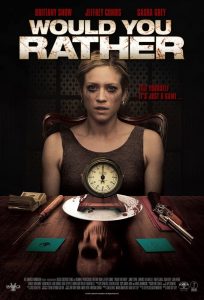 The difference between rich people and poor people, in a nutshell, is this: if you are rich, you can spend your money any way you want to. You can hire personal painters or musicians under the patronage system, or you can make bums fight on camera, or you can throw elaborate annual dinner parties for groups of strangers, where eventually they will play a high-stakes children’s game for your amusement. If you are poor, you can hope you find the rich person who wants to improve the atmosphere of the world to be your patron, but most likely you’ll only find the other rich people instead. Good luck!
The difference between rich people and poor people, in a nutshell, is this: if you are rich, you can spend your money any way you want to. You can hire personal painters or musicians under the patronage system, or you can make bums fight on camera, or you can throw elaborate annual dinner parties for groups of strangers, where eventually they will play a high-stakes children’s game for your amusement. If you are poor, you can hope you find the rich person who wants to improve the atmosphere of the world to be your patron, but most likely you’ll only find the other rich people instead. Good luck!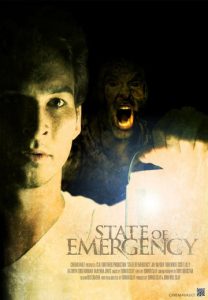 Last night was random Netflixing night. Well, semi-random; I was choosing from my pretty long queue list, but still. The result was the fairly disappointing
Last night was random Netflixing night. Well, semi-random; I was choosing from my pretty long queue list, but still. The result was the fairly disappointing 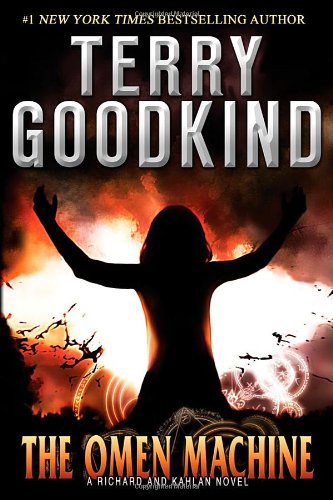 Eight years ago
Eight years ago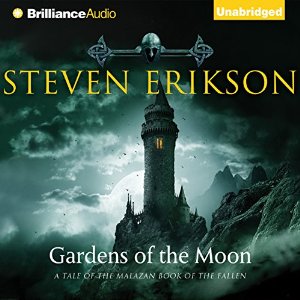 First thing: I’ve read
First thing: I’ve read 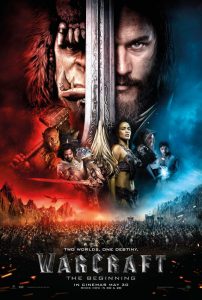 This is good, because, finally being caught up on reviews, I can finish reading the top secret book of awfulness I’ve been slogging through for the past month. (It’s possible, possible that hate-reading is a bad idea. Like, if I were mortal or something, I’d have a lot of regrets eventually.)
This is good, because, finally being caught up on reviews, I can finish reading the top secret book of awfulness I’ve been slogging through for the past month. (It’s possible, possible that hate-reading is a bad idea. Like, if I were mortal or something, I’d have a lot of regrets eventually.)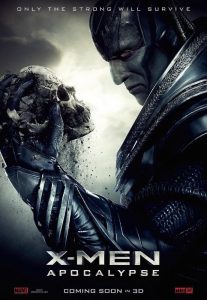 I saw the new X-Men movie a week or two ago, and I liked it, but what with being busy and behind on internets and seriously really busy what with houses that don’t clean themselves and weddings that don’t plan themselves and jobs and the whole being an adult thing, I’ve maybe lost track of anything I might have said about it.
I saw the new X-Men movie a week or two ago, and I liked it, but what with being busy and behind on internets and seriously really busy what with houses that don’t clean themselves and weddings that don’t plan themselves and jobs and the whole being an adult thing, I’ve maybe lost track of anything I might have said about it. And thus comes to an end (at the auspicious and (let’s be honest) inevitable volume 13, no less) the adventures of
And thus comes to an end (at the auspicious and (let’s be honest) inevitable volume 13, no less) the adventures of 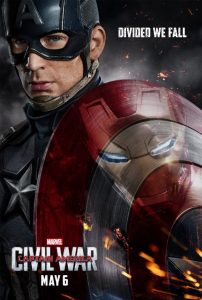 I saw
I saw 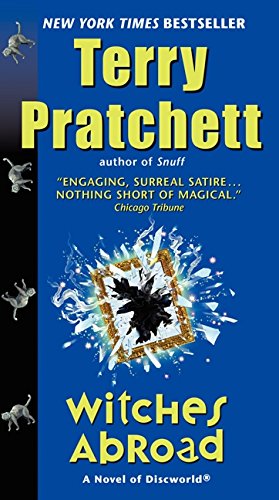 I seem to be reading more lately? I dunno. House is more unpacked than not, and things that are left to do, I cannot really progress on without outside interference. Either way, I’ve also been reading more of the partial series I have scattered all over the map, instead of new stuff. In a way that’s good, because progress, in a way it’s bad because there’s so many things I still have no idea about even though they’ve been talked about lately. That is the problem of lacking infinite free time, I suppose.
I seem to be reading more lately? I dunno. House is more unpacked than not, and things that are left to do, I cannot really progress on without outside interference. Either way, I’ve also been reading more of the partial series I have scattered all over the map, instead of new stuff. In a way that’s good, because progress, in a way it’s bad because there’s so many things I still have no idea about even though they’ve been talked about lately. That is the problem of lacking infinite free time, I suppose.